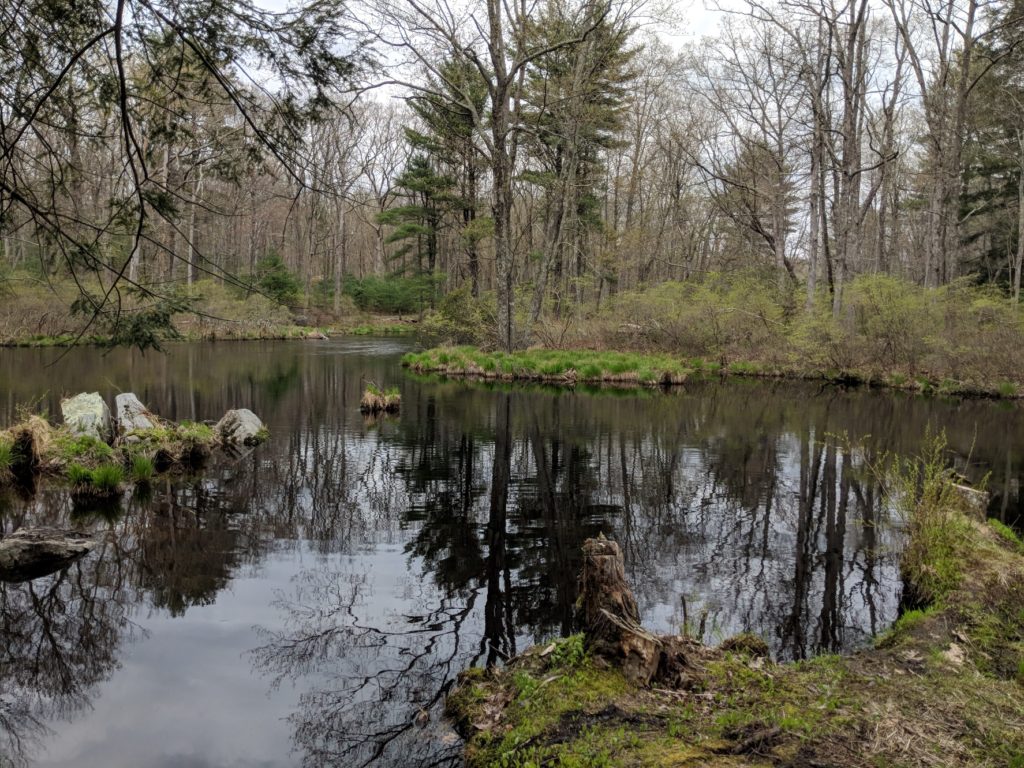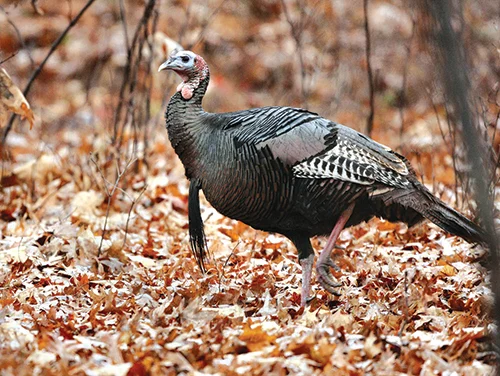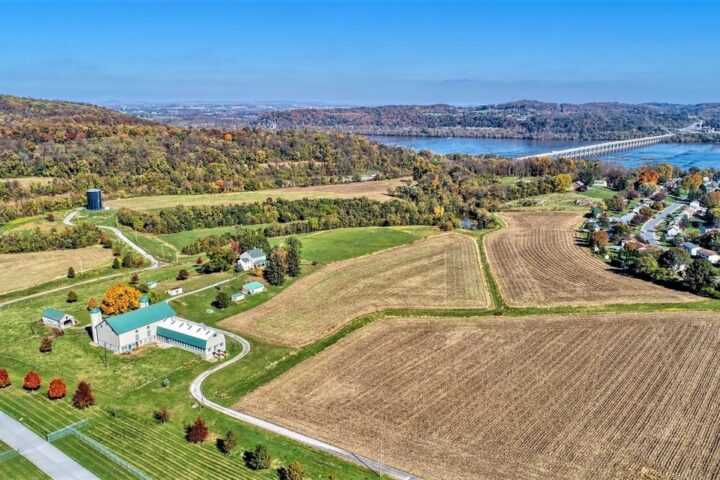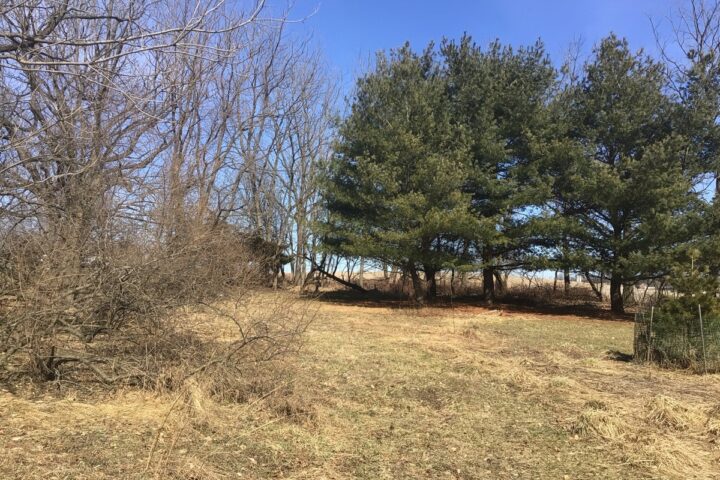
The Delaware Highlands Conservancy is pleased to announce that 3,683 acres of forestland have now been permanently protected in Pike County. Three hunt clubs—Mink Pond Club, Maskenozha Rod and Gun Club, and Lehman Lake Rod and Gun Club—together form the Northeast Connection: thousands of contiguous, unfragmented acres of forests, lakes, and wetlands along the Little Bushkill Creek in Pike County.
The Land and Water Conservation Fund of the U.S. Forest Service’s Forest Legacy Program allocated $3.33 million, and philanthropy contributed another $1.11 million, toward the Northeast Connection project to permanently protect these three properties with conservation easements. As per the guidelines of the Forest Legacy Program, the easements will be transferred to the Pennsylvania Department of Conservation and Natural Resources to hold in perpetuity.
“The Delaware Highlands Conservancy thanks everyone involved in this project over the past 13 years: the generous funders who made it possible, the Pennsylvania Department of Conservation and Natural Resources, and the leadership and members of Mink Pond, Maskenozha, and Lehman Lake hunt clubs for their investment in the future of our region,” stated Diane Rosencrance, executive director of the Delaware Highlands Conservancy. “The Northeast Connection will protect our clean air and drinking water, provide habitat for wildlife, and provide recreational opportunities for outdoor enthusiasts for generations to come.”
The project will connect two adjacent large protected landscapes, creating a nearly four-mile natural corridor between the 83,500-acre Delaware State Forest and the 70,000-acre Delaware Water Gap National Recreation Area, and will conserve over 10 miles of headwater streams designated as High Quality. The conserved property flanks the Delaware River and Kittatinny Ridge, both essential for migration and movement of wildlife species
The Northeast Connection project was supported through the Open Space Institute’s Delaware River Watershed Protection Fund. The Fund is made possible by the William Penn Foundation and its Delaware River Watershed Initiative, which works to protect water quality in the Delaware River Basin.
The project was additionally supported through the Open Space Institute’s Resilient Landscapes Initiative, which is made possible with funding from the Doris Duke Charitable Foundation. The Resilient Landscapes Initiative seeks to build capacity of land trusts working to respond to climate change and to expand protection of climate-resilient landscapes, or lands that will continue to provide habitat and a haven for wildlife, even as the climate changes.
Funding was also provided by the Pike County Scenic Rural Character Preservation Program.




